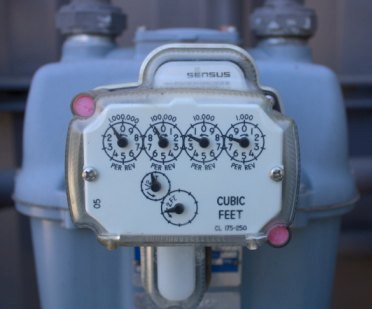How much do Canadians pay for utilities?
 The cost of utilities in Canada can vary significantly depending on your location, the size of your household, and your consumption habits. Utilities generally encompass electricity, natural gas, water, and, in some cases, garbage collection and sewage services. Here’s an overview of what you can expect regarding the cost of utilities in Canada.
The cost of utilities in Canada can vary significantly depending on your location, the size of your household, and your consumption habits. Utilities generally encompass electricity, natural gas, water, and, in some cases, garbage collection and sewage services. Here’s an overview of what you can expect regarding the cost of utilities in Canada.
Electricity
The cost of electricity in Canada fluctuates across provinces and territories. In general, provinces like Quebec, Manitoba, and British Columbia tend to have lower electricity rates due to their significant hydroelectric power generation. In contrast, provinces like Nova Scotia and Prince Edward Island may have higher electricity costs due to a greater reliance on fossil fuels. On average, a typical monthly electricity bill for a single-family home can range from $100 to $200, depending on your location and energy consumption.

Natural Gas
Natural gas is widely used for heating and cooking in many Canadian homes. Similar to electricity, the cost of natural gas varies by province. Provinces with abundant natural gas resources like Alberta and British Columbia typically have lower prices. On the other hand, provinces in the east, such as Nova Scotia and New Brunswick, may have higher natural gas costs. A monthly natural gas bill for heating and hot water can range from $50 to $150.
Water
Water costs also differ by location, but they are generally lower than other utility expenses. Most municipalities charge for water usage based on the volume of water consumed. On average, a monthly water bill for a single-family home can range from $30 to $60.
Garbage Collection and Sewage
The cost of garbage collection and sewage services is typically included in property taxes or as a separate utility fee. These costs can vary based on the municipality or city you reside in. Monthly fees for these services can range from $20 to $50.
It’s important to note that while these are approximate costs, actual expenses can be influenced by factors such as the energy efficiency of your home, the number of people in your household, and your individual consumption habits. Taking steps to reduce energy consumption, such as using energy-efficient appliances and improving insulation, can help lower your utility bills.
Additionally, many provinces and territories in Canada offer rebate programs and incentives for energy-efficient upgrades to your home, which can result in long-term savings on utility costs. To get a precise estimate of your utility expenses, it’s best to consult with local utility providers and review your bills over time to understand your specific consumption patterns.
